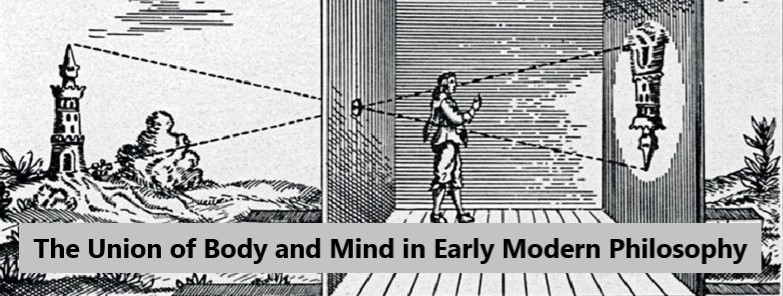The union of body and soul according to Pascal
DOI:
https://doi.org/10.14232/kulonbseg.2021.21.1.305Keywords:
Pascal, body, soul, Descartes, unionAbstract
The union of body and soul is not a central topic in Pascal. Pascal interprets the human condition in an Augustinian and Jansenist context, and therefore the fall, corruption and concupiscence dominate his anthropology. Nevertheless, issues of union are sometimes addressed in the Pensées. This study explores the importance of the union of soul and body in Pascalian thought in the context of classical philosophy, starting from the Cartesiant theory of union. For Descartes union is the source of feelings in the soul. Therefore, the paper examines whether it is possible to reconcile feelings with union in Pascal. The paper argues that Pascal’s apologetic project is targeted at bringing different feelings into harmony and at achieving that the body and the soul are oriented towards the same goal: the veneration and love of God. In this way Pascal aims to prepare the true union of soul and body which can be realised in beatitude.
Downloads
Downloads
Published
How to Cite
Issue
Section
Funding data
-
Hungarian Scientific Research Fund
Grant numbers 125012;129261






